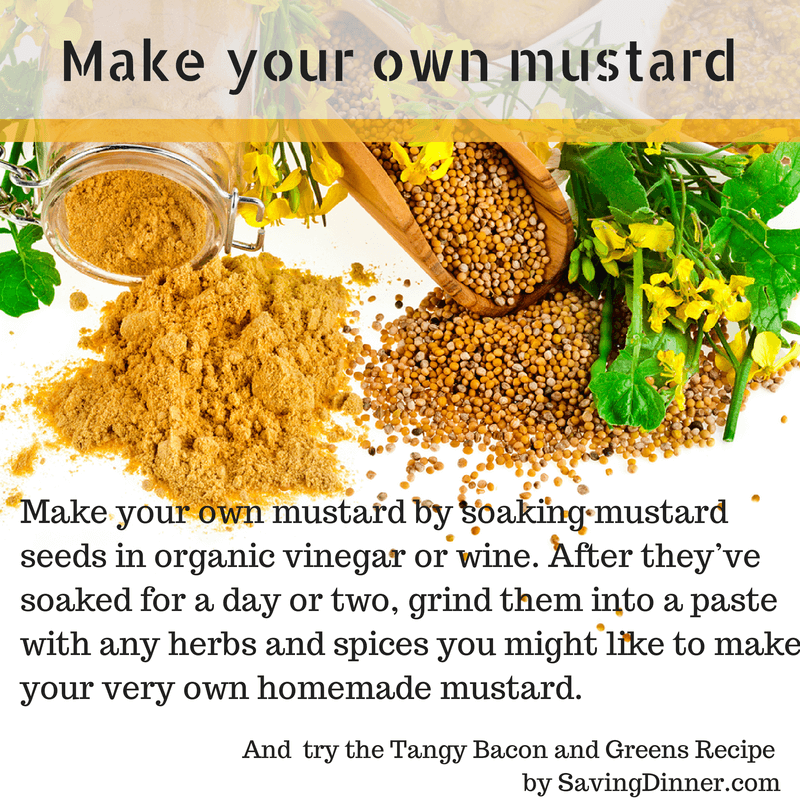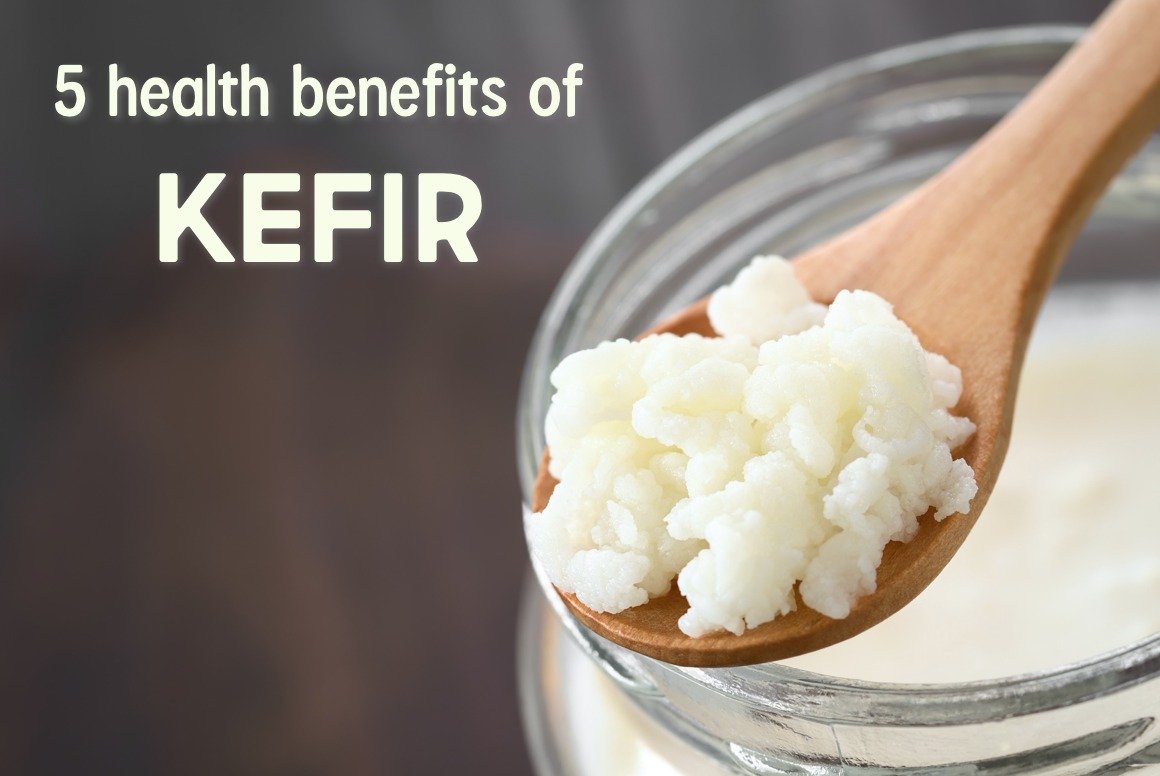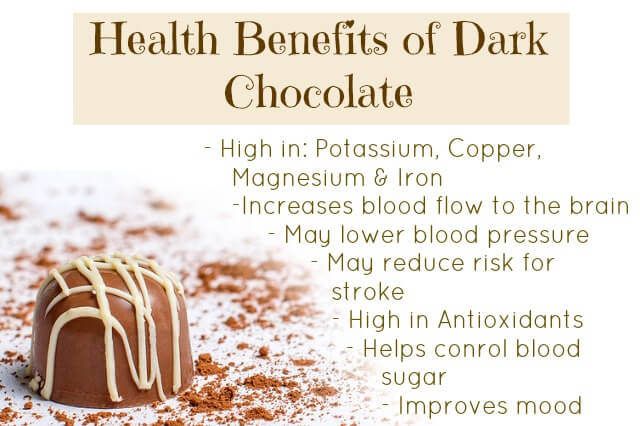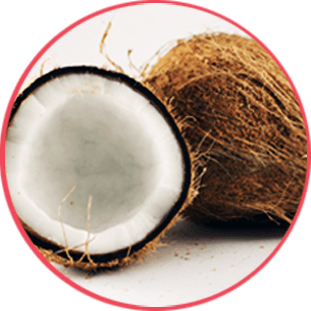
Yellow mustard is one of America’s favorite condiments. It is plentiful at backyard barbecues and ball fields as a topping for hamburgers and hotdogs. You can find it in potato salads, deviled eggs, and as a dipping sauce for pretzels. If you’re interested in ensuring a healthier version of the classic yellow mustard, you can even make your own! But yellow mustard isn’t the only mustard on the block. There is ground and whole mustard, which can be flavored with a variety of different spices and other ingredients like wine, honey, and garlic.
Not only is the variety of mustards vast (and delicious), but there are also numerous health benefits of mustard. Mustard seeds are loaded with omega-3’s and lots of minerals. Because of its nutrient-rich content, mustard seeds even have anti-inflammatory properties and have been said to protect against gastrointestinal cancers. Mustard has been used for centuries for medicinal purposes, and we would be wise to follow suit. So now, you can both enjoy the yummy condiment and rest assured that you are also benefiting your health by consuming a pure and natural mustard! This post explores the benefits of mustard, explains how to make and season your own varieties of mustard, and includes a tasty recipe for tangy bacon and greens! This post is a must-read for anyone who is seeking to restock their pantries with natural options.
“It’s time once again for Tricks, Tips and a Recipe. Today you’ll learn a tip, a trick and you’ll get a great recipe to try it out with. Neat, huh?
Today’s focus is on: MUSTARD
It’s been mentioned in Sanskrit writings from 5000 years ago and in The New Testament. It was used as a food source and medicinally in ancient Greece and in ancient Rome.
It’s available ground and whole. Oh, and also as a condiment.
We’re talking about mustard! The Romans are believed to have been the first to make a paste from ground mustard seeds and the hotdog hasn’t been the same since
Mustard seeds come from the mustard plant—a cruciferous veggie related to Brussels sprouts and cabbage—so you know that means mustard seeds are very good for us.
These little seeds contain omega-3 fatty acids and a slew of minerals including phosphorous, copper, manganese, vitamin B1 and magnesium. Mustard seeds have an anti-inflammatory effect in the body and they contain compounds believed to help protect against gastrointestinal cancer.”




Leave a Reply